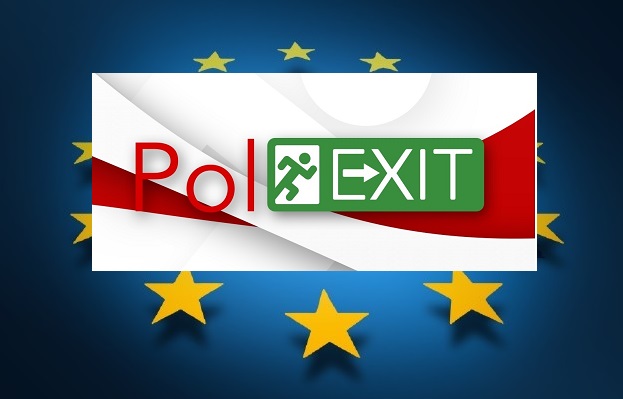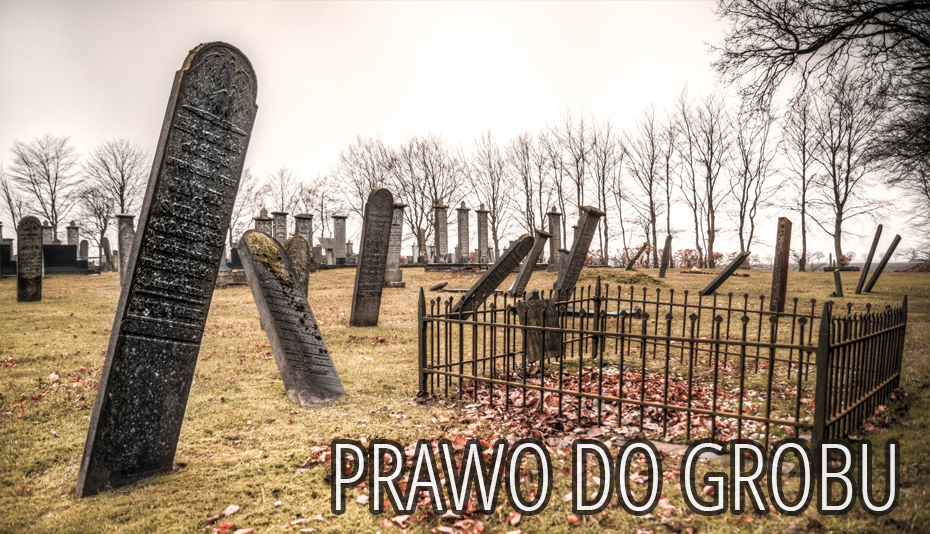-
Bohaterstwo, które podziwiał świat. „W..
POLSKA2 lata temu -
Neon24 – ruska V kolumna
POLSKA2 lata temu -
Nowe osoby w Zarządzie Amiblu
BIZNES3 lata temu -
Mechanizm warunkowości – krok ku Homo Eu..
POLSKA3 lata temu -
Wściekłe i wulgarne „Lemparcice” ..
POLSKA3 lata temu -
Rolnicze poparcie dla prezesa Elewarru – ..
NEWS3 lata temu
Bez kategorii
Like
End of History or End of Capitalism?
18/09/2011
397 Wyświetlenia
0 Komentarze
10 minut czytania

Na początku tego roku napisałem w języku angielskim artykuł traktujący o obecnym systemie gospodarczym i konsekwencjach z niego płynących. Rozwój wydarzeń pokazuje, ze warto go przypomnieć, tym razem na lamach NE.
When pundits proclaimed final victory of the West over the Soviet Union two decades ago, they also predicted the end of history. I guess, from this point on, the world’s fairytale was supposed to begin. How did it play out, we all know very well by now.
In his recent article, Chris Hedges, provided the best critique of the current situation in the US that I have seen. A similar picture may as well be painted for the EU and the rest of the Western World.
So no fairytale! How come? To answer this question, let us go back a few centuries. At that time, Western Europe embarked on the grand colonial project. Within couple of centuries, practically all of the rest of the World became Europe’s colony. Simultaneously, another parallel process took place during that same time span, which was described as the “industrial revolution”, resulting in the creation of a new socioeconomic system-capitalism.
Thanks to these two phenomena, our Mother Earth became a gigantic processing plant. Raw materials were extracted in the colonies and delivered to the western industrialized nations for further processing to provide finished goods. Then, these industrial products were sold on the domestic as well as colonial markets. The newborn capitalistic elite made good profit on this scheme. Material progress of the mankind was clearly visible, but not everyone was happy. Extreme exploitation of the work force and outright robbery of the colonial natural resources generated resentment amongst the victims. Colonial societies were not advanced enough to resist, but the western workers struck out and socialism was born as a result of this “class struggle”.
The establishment of a “workers’ paradise” in the Soviet Union, was followed by the sacrifice of many millions of victims of Lenin’s and Stalin’s regime.
Fortunately the West did not pursue the same course. And this was for a good reason. Extreme colonial exploitation provided the capitalistic elite with enough resources to share some wealth with the western workers. These “crumbs from the masters’ tables” ware sufficient to keep the population happy. However, western prosperity was wrongly attributed to the supposedly efficiently functioning capitalistic system. If properly applied, capitalism may produce affluence for everyone-pundits proclaimed. Poverty is a product of laziness and indolence of “the lesser peoples”-they explained.
Finally, the soviet bloc fell apart and “the end of history” began. The last colonial victim of capitalism was post-communistic world. In the noble name of “social and political transformation” and “free markets” ideology, peoples of this bloc have been robbed of whatever wealth was left after their failed experiment with socialism. Their large but antiquated industrial base rather than modernized, was dismantled, therefore removing the threat of potentially perilous competition to the western multinational corporations. Massive unemployment, social insecurity and enormous emigration to the West in search of menial jobs became an addition to the suffering of these. As a result of this misery, capitalism was provided with another big bonus from the post-communistic markets that were unsaturated with consumer goods and to a large extent untapped.
The capitalistic elites were astounded by the success. Their arrogance and malevolence grew even further. Why sweat for a meager 10% profit from peddling of tangible goods when ten-fold proceeds may be easily achieved in FIRE segment?-they argued. And so the “wealth creation” process began in “Wall Street” style. Manufacturing was “off shored” to China, which supplied the western societies with cheap disposable post-industrial junk and simultaneously the capitalistic (financial) elite got busy selling subprime mortgages and derivatives to one another.
This “financialization” of western economies led to “the burst”, which in turn brought massive unemployment, social insecurity, and poverty; roughly the same results as the “transformation” of post-communistic societies two decades ago. And this is not only the American experience. In Europe, the “Celtic tiger” was brought down to earth from the capitalistic heaven in a split second. Spain suffers from 20% unemployment, while Greeks riot against “structural adjustments”. So perhaps poverty is not only an attribute of the “lesser peoples”? Maybe the real problem is somewhere else?
American “progressives” are pointing out to the capitalistic system itself. And rightly so! However, many of them try to offer an old, disastrous solution: socialism. Even Chris Hedges invokes the name of socialism’s “father” in his excellent article: “We are beginning to understand, as Karl Marx knew, that unfettered and unregulated capitalism is a brutal and revolutionary force that exploits human beings and the natural world until exhaustion or collapse”.
I am not in position to discuss economic, not to mention, ideological issues related to this system. There is no need for me to do so. I acquired firsthand experience in it. I grew up in socialism and afterwards spent several years in capitalism working for leading multinationals in the US. I have no appreciation for either one. In fact, I will argue that socialism is just an offspring of capitalism, which is a mere malignant mutation of it. As a matter of fact, the current version of capitalism, called “globalism” is nothing else than “softer” but more sinister version of socialism. Socialistic “national” companies operate in an almost identical way as “globalistic” multinationals do. Both are equally inefficient and corrupt. After all, what is the real difference between a large organization that is supposedly owned by the entire society and say… one with couple of million shareholders? None! Both are run by the gangs of crooks mentally detached from a notion of real ownership. The only difference is the name of the group. The first is called “politbiuro” and the second one “board of directors”. Another words, one may describe globalism as “socialism by the back door”.
So what would be a good system?
There is a simple answer to this question.
In the “classical” version of capitalism, the economy is “private” and so are the profits.
In socialism, the economy is “state-owned” and so are the profits.
In the “globalistic” system, the economy is “publicly-owned”. Economic profits are “privatized” and losses “socialized”.
It is as simple as that! And none of the above works! So we desperately need some workable solution!
I will argue that in a just system, the economy should be “private” but profits should be “socialized”. But how may this be accomplished? I do not know. However, I do know that among scores of Nobel-prized charlatans and “propagandists”, one may find a few superb economists. And they will find a right solution. And “We the People” will have to implement it; or the humankind will simply cease to exist.
POPRZEDNI ARTYKUŁPolityka
NASTĘPNY ARTYKUŁWitkacy – kolejna rocznica…
dr nowopolski
Unikajacy stereotypów myslowych analityk spraw politycznych i gospodarczych Polski i swiata
344 publikacje
3 komentarze
COPYRIGHT 2023 3OBIEG.PL - SERWIS INFORMACYJNY DZIENNIKARSTWA OBYWATELSKIEGO



























